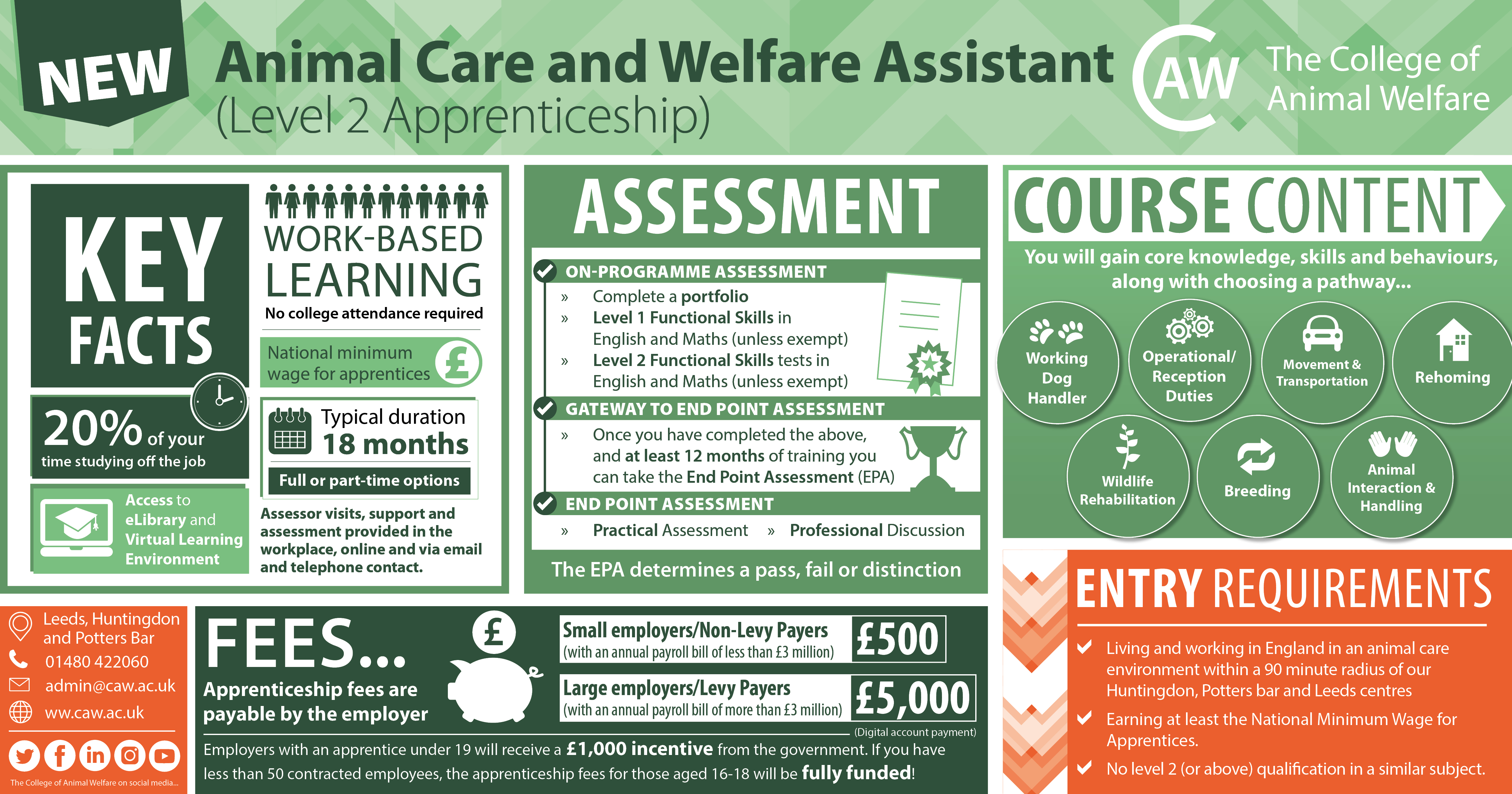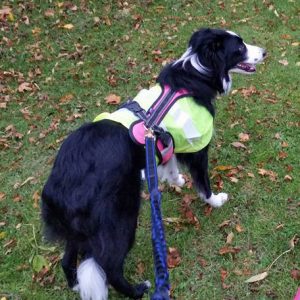The College of Animal Welfare is delighted to announce that its 2021 Head Nurse Congress, will be taking place online and is now open for registration.
After much consideration in light of the global Coronavirus pandemic, the congress will run in a virtual format on Thursday 4 March 2021. We were keen to adapt and continue to offer the opportunity for head nurses to benefit from this event, so we have been busily putting plans in place behind the scenes to make this possible. We hope by moving this event online, not only will it allow delegates to attend from the safety of their homes or workplaces, it will also welcome a diverse range of attendees and speakers who may not have been able to be a part of the event previously due to location or time restrictions.
The event focuses on the role of the head veterinary nurse and the responsibilities and challenges that come with it. Attendees will get the chance to listen to a variety of relevant lectures from expert industry speakers including veterinary surgeons Libby Kemkaran-Thompson, MA VetMB MRCVS, from Kemkaran Consulting Ltd and Anne-Marie Svendsen Aylott MRCVS, Leadership Coach at PurpleCat Coaching Ltd and veterinary nurse Jill Macdonald, DipAVN (Surgical) RVN FHEA from the Royal College of Veterinary Surgeons.
Delegates will also be sent snacks and lunch to enjoy during the day!
Who should attend Head Nurse Congress 2021?
Whether you are an aspiring, new or experienced head nurse or practice manager, this congress is for you! A focus on leadership, working relationships and business growth means the event would be particularly useful if you are:
- Interested in learning more about management
- Wanting to create a strong and motivated team
- Hoping to progress within your role
- Wanting to be the best leader you can be
- Interested in keeping up-to-date with everything happening in the industry
Why attend?
By attending Head Nurse Congress 2021 you will get the chance to:
- Listen to lectures from a range of industry speakers
- Have your questions answered by speakers in the live Q&A sessions
- Gain practical takeaways on a variety of topics that you can implement in practice
- Earn 8 hours of evidenced CPD
- Watch back the recording of the congress in your own time
- Watch recorded lectures from previous Head Nurse Congresses
Book before 31 January 2021 to receive the Early Bird discount
If you book your place before 31 January 2021, you can attend for the discounted early bird price of £125+VAT – saving you £60!
A full agenda and more information on how to book can be found on our website. What’s more – you can keep up to date with Head Nurse Congress by liking our event page on Facebook.











